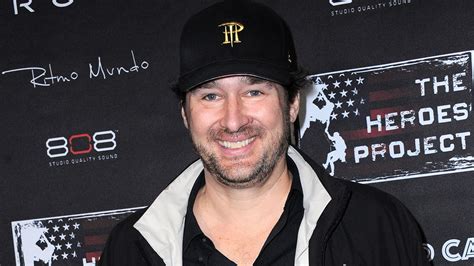A Quote by Laozi
The sage is sharp but does not cut, pointed but does not pierce, forthright but does not offend, bright but does not dazzle.
Related Quotes
Violence harms the one who does it as much as the one who receives it. You could cut down a tree with an axe. The axe does violence to the tree, and escapes unharmed. Is that how you see it? Wood is soft compared to steel, but the sharp steel is dulled as it chops, and the sap of the tree will rust and pit it. The mighty axe does violence to the helpless tree, and is harmed by it. So it is with men, though the harm is in the spirit.
What does Macbeth want? What does Shakespeare want? What does Othello want? What does James want? What does Arthur Miller want when he wrote? Those things you incorporate and create in the character, and then you step back and you create it. It always must begin with the point of truth within yourself.
Love is patient, love is kind, and is not jealous; love does not brag and is not arrogant, does not act unbecomingly; it does not seek its own [will], is not provoked, does not take into account a wrong suffered, does not rejoice in unrighteousness, but rejoices with the truth; bears all things, believes all things, hopes all things, endures all things.








































